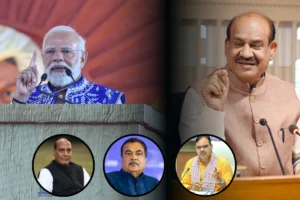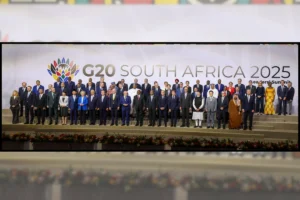
The Supreme Court is set to hold its final hearing on January 28 and 29 regarding the West Bengal government’s petition to include 77 communities in the Other Backward Classes (OBC) list.
The petition challenges a Kolkata High Court ruling that had opposed the inclusion of these communities.
A bench of Justices BR Gavai and KV Vishwanathan is hearing the case. In the previous hearing, the Supreme Court had declined to stay the High Court’s order, while making a significant remark that reservations cannot be granted based on religion.
Also Read: Karnataka Government Challenges Bail Granted To Actor Darshan In Murder Case
In response, senior advocate Kapil Sibal, representing the West Bengal government, argued that the reservation was based on backwardness and not on religious grounds. He also clarified that Muslims constitute approximately 27-28 percent of the state’s population, emphasizing that the reservation was aimed at addressing social and economic disadvantages.
The case stems from the recommendations of the Ranganath Commission, which proposed a 10% reservation for Muslims and also categorized 66 Hindu communities as backward. A subsequent issue arose regarding how to provide reservations for Muslim communities, leading to the classification of 77 Muslim communities as backward. Many of these communities were already included in the central OBC list or had been recognized under the Mandal Commission’s recommendations.
The Supreme Court has requested detailed data regarding the social and economic backwardness of the 77 communities and their underrepresentation in jobs. As the hearing approaches, all eyes are on how the court will address this complex issue of caste-based reservations and the broader implications for affirmative action policies in India.
To read more such news, download Bharat Express news apps























